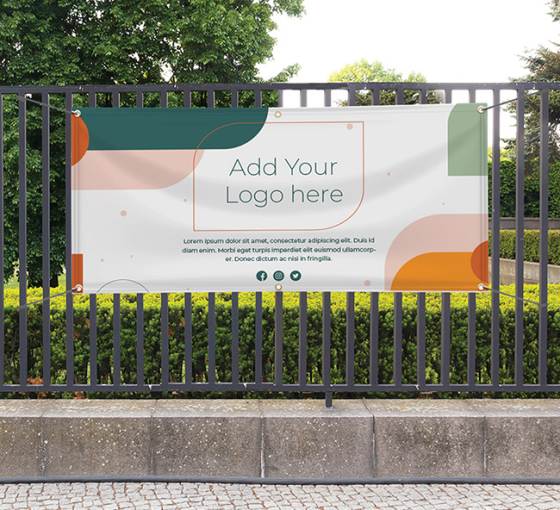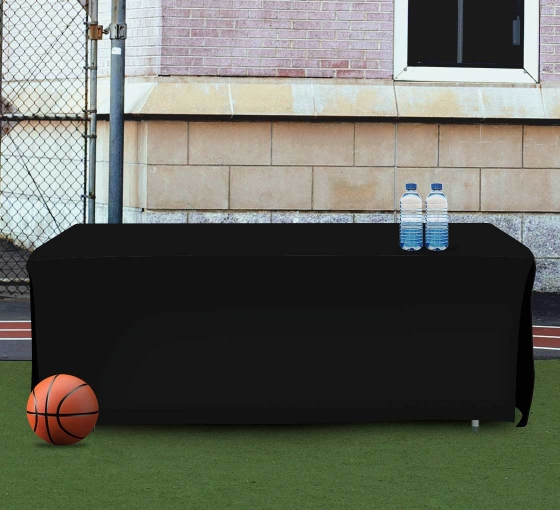Putting up signs across the city is one of the easiest ways to promote and market your business. However, this seemingly simple task can be quite complex when you are in Philadelphia. The city has strict rules about putting up street signs and rigid signs. Not adhering to these rules can land you in legal trouble.
With the proper knowledge of sign permit codes, you can ensure that you are on the right side of the law and prevent yourself from hefty fines. This article is your guide to everything you need to know about sign permits in Philadelphia.
Definition Of Signs In Philadelphia

The Philadelphia city code defines signs, and they include banners, pennants, placards, posters, stickers, advertising flags, plaques, stands & displays. You may want to note that this list is not limited to these items only. Anything you are planning to use for the marketing of your business can fall under this category.
What Do You Need Signs For In Philadelphia?
In a way, the Philadephia Code is a simple document. This city requires everyone to procure a permit before putting up any sign. Whether you want a poster to promote your shop, announce upcoming discounts, or place a banner outside your lane, you will need a permit.
However, there are a few exceptions for which you do not need any permit. Here is a complete list of said exceptions:
- You can use temporary outdoor signs in a commercial building. However, the size must be smaller than 12 sq. ft. You can put up a sign smaller than six sq. ft. without any permit in a residential building.
- If you are a real estate agent, you can put up a ‘For sale’ sign or one of your company outside a property; however, make sure that the size is smaller than 12 sq. ft. in commercial buildings and smaller than six sq. ft. in residential buildings.
- You can put up signs on windows without a permit if they cover only a fifth of the total space.
- No permit is required for putting up a sign inside the building.
What Is The Process Of Getting Permanent Signs In Philadelphia?

If you want to put up a permanent sign, you will require two permits – a building permit and a zoning permit. All signs that require a permit will need to get a zoning permit. To get this permit approved, you will need to submit a few documents.
For instance, you will need pictures of the building, renderings of the sign, and how the building will look when your sign is on it. You will also need to submit the architectural plans to show the exact spot where you plan to put your sign. Attach all the documents mentioned above along with a zoning permit for a building permit. Moreover, you will also need to share other information like which fasteners you will need.
Here is a list of instances where you will need a building permit:
- All exterior signs on the building; however, you do not need one for painted signs, adhesive, or vinyl graphics and letters.
- Interior signs if they require fasteners.
Here is a list of instances where you will need a zoning permit:
- Installing any kind of exterior sign.
- Interior signs installed within 18 inches of a window or door and are easily visible to people outside.
- Window signs that take up more than a fifth of the space.
You will need an electrical permit if you plan to put up an illuminating sign.
What About Accessory And Non-Accessory Signs?

Accessory signs are signs on a building that convey the office inside that building. For all such signs, you will need a permit. Non-accessory signs, or decals, are ones used for marketing without a physical space around the location the sign is installed. Banners and billboards are perfect examples. In this case, you will also need a permit.
However, there are a few regulations you will need to follow while putting up non-accessory signs.
- Your non-accessory sign should be at least 500 feet away from another non-accessory sign. You need to follow this rule even when putting up a sign on the highway.
- You cannot put up a non-accessory sign within 300 feet of a residential building. However, apply for a zoning variance if this is a necessity. A zoning variance is an exception for which you will need to appeal after the Zoning Board has refused to accept your original proposal.


 Posted in
Posted in 



